Dr. Ordovas-Montanes’ lab uses a variety of techniques to answer pressing questions such as which cellular compartments harbor memories of inflammation in tissue, and how might we develop effective mechanisms by which to promote or erase them?
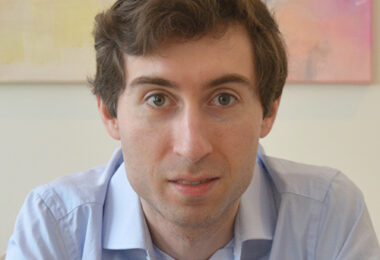

Dr. Ordovas-Montanes’ lab uses a variety of techniques to answer pressing questions such as which cellular compartments harbor memories of inflammation in tissue, and how might we develop effective mechanisms by which to promote or erase them?
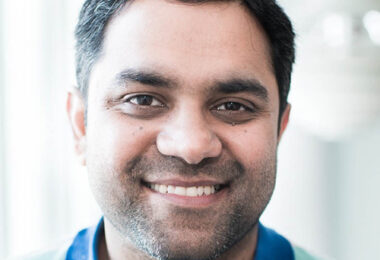
Dr. Malik work focuses on how the immune system at mucosal surfaces reacts to pathogens, commensals, and environmental agents, and how that affects local and distal diseases.
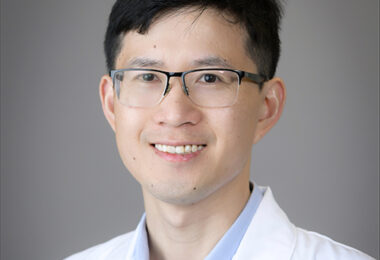
Dr. Li’s lab aims to identify novel microbial effectors and host determinants involved in fungal and bacterial sensing through interdisciplinary approaches, including biochemistry, CRISPR-based genetic editing, in vitro screening, high-resolution imaging, animal models, and human patient resources.

Dr. Blander’s laboratory investigates the core mechanisms of innate immunity and inflammation, elucidating their critical roles in human health and disease.
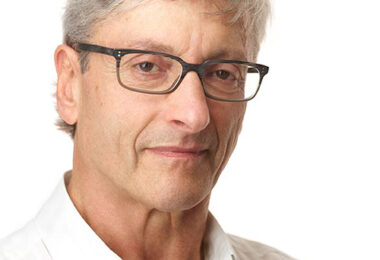
Dr. Littman’s lab studies how information from the environment, including microbiota and metabolites, is relayed to cells of the immune system and how this is manifested in homeostatic processes as well as in pathological conditions.
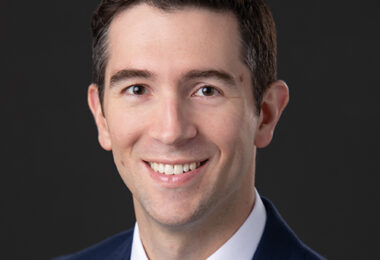
The Czepielewski Lab investigates how chronic intestinal inflammation disrupts mucosal immune balance and tolerance by remodeling the lymphatic vasculature in Inflammatory Bowel Diseases, aiming to unravel new mechanisms to restore barrier health.

Dr. Simon’s group is trying to understand the role of autophagy in immune cell fate mechanistically by identifying the autophagosomal cargo in vivo and during cell division and how autophagy in the microenvironment impacts on immune cells.

The Powrie lab is focused on understanding the interaction between the intestinal microbiota and the host immune system and how this mutualistic relationship breaks down in Inflammatory Bowel Disease and cancer.

The Randolph laboratory seeks to understand how the clearance of cells and molecules from tissues impacts inflammation, disease states and organ physiology.

The Rao lab investigates how the neural networks of the gut detect and use information about nutrients, microbes and hormones to regulate intestinal motility, immune responses and tissue repair.